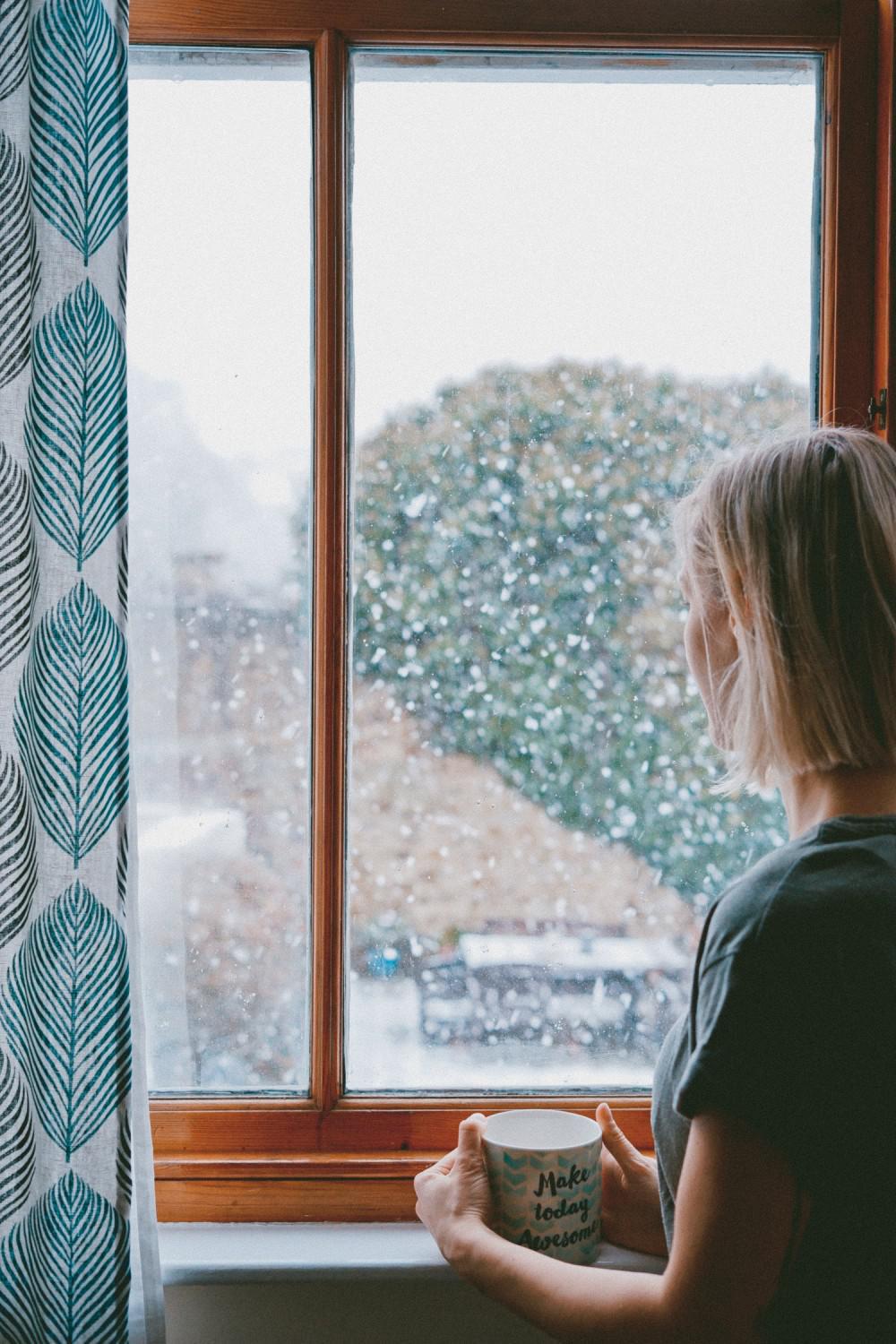By March, many of us begin to feel a bit tired of winter. We’ve skiied and snowboarded, worn our favorite winter sweaters and cozied up by the fireplace more than once. It seems that around this time of year, “cabin fever” starts to set in, so I figured I’d do some research on the topic and on ways we can help ourselves out when it comes to the winter blues.
First of all, is “cabin fever” real?
While “cabin fever” is not a diagnosis you’ll find in the DSM, it absolutely is a real phenomenon that affects many people. While cabin fever, at its essence, refers to feelings of social isolation and boredom, general symptoms include:
- Restlessness
- Anxiety
- Lethargy
- Sadness or depression
- Trouble concentrating
- Lack of patience
- Food cravings
- Decreased motivation
- Social Isolation
- Difficulty waking
- Frequent napping
- Hopelessness
- Changes in weight
- Inability to cope with stress
How can I cope with cabin fever?
The self-care and coping strategies recommended in regard to cabin fever are neither new nor mind-blowing, but I often find that the most simple, “tried and true” coping skills – such as “the big 3” of eating healthy, exercising and getting adequate sleep – are often the best way to go. Here are some ways you can manage the symptoms of cabin fever:
- Get out of the house. If this one is doable for you in terms of where you live and the climate, any time spent outside in nature is always highly recommended.
- Exercise. Physical activity is extremely beneficial for our mental health, so whether you’re able to get your heart rate up outside or inside (think yoga, indoor sports or even hitting the pool at your local rec center), exercise is sure to help boost your mood this time of year.
- Partake in some Spring Cleaning. Take advantage of being stuck indoors and motivate yourself to finally clean out your closet – or organize your study, or re-arrange the excess junk in your kitchen. No matter the project, cleaning and organizing is a great way to exercise, find extra things to donate (altruistic behaviors boost our sense of mood and happiness) and de-clutter your mental space, in addition to the physical one
- Books, Projects, Hobbies. There are plenty of ways to counter boredom when your outdoor activity options are limited. Get creative! Find new books to read, start a craft project, a home project or a self-care project (think vision boards or gratitude journals) and kill time by exercising your mind and spirit muscles, if not the body
- Stick to a Routine. Research shows that having a regular routine in terms of work, sleep and other aspects of your daily life can prove extremely helpful and therapeutic when it comes to cabin fever. Try to maintain your healthy habits as best as possible…
- Connect with Others. Social isolation is at the core of cabin fever, but luckily for us, technology and social media means we’re never truly alone! Pick up the phone, get on skype or connect with people through Facebook, Instagram or twitter. Face-to-face contact is ideal so throw a dinner party and invite friends over to enjoy a large pot of warm turkey chili and some new games
Finally, what’s the Buddhist take on coping with cabin fever?
Buddhist psychology urges us to look at the role that our minds play in terms of suffering. From this perspective, we’re encouraged to ask ourselves what stories we’re telling ourselves in regard to cabin fever. What does all of the mind chatter say? Things like “This will never end”, “I’m so bored and lonely“, and “I can’t take being indoors any longer!” simply perpetuate our distress and turn pain into suffering. Try to drop the stories and get present. Techniques such as mindfulness and meditation are hugely helpful in this regard. Finally, remember that this too shall pass! One of the main principles in Buddhist philosophy is impermanence and the notion that, as the Buddha said, “everything that has a beginning, has an ending”. Try to get some perspective on this rough patch and before you know it, Spring will be here in full bloom


2 Replies to “Cabin Fever: How to Care for Your Mental Health”
Great content! Keep up the good work!
Thank You
https://www.tcsindustry.com/